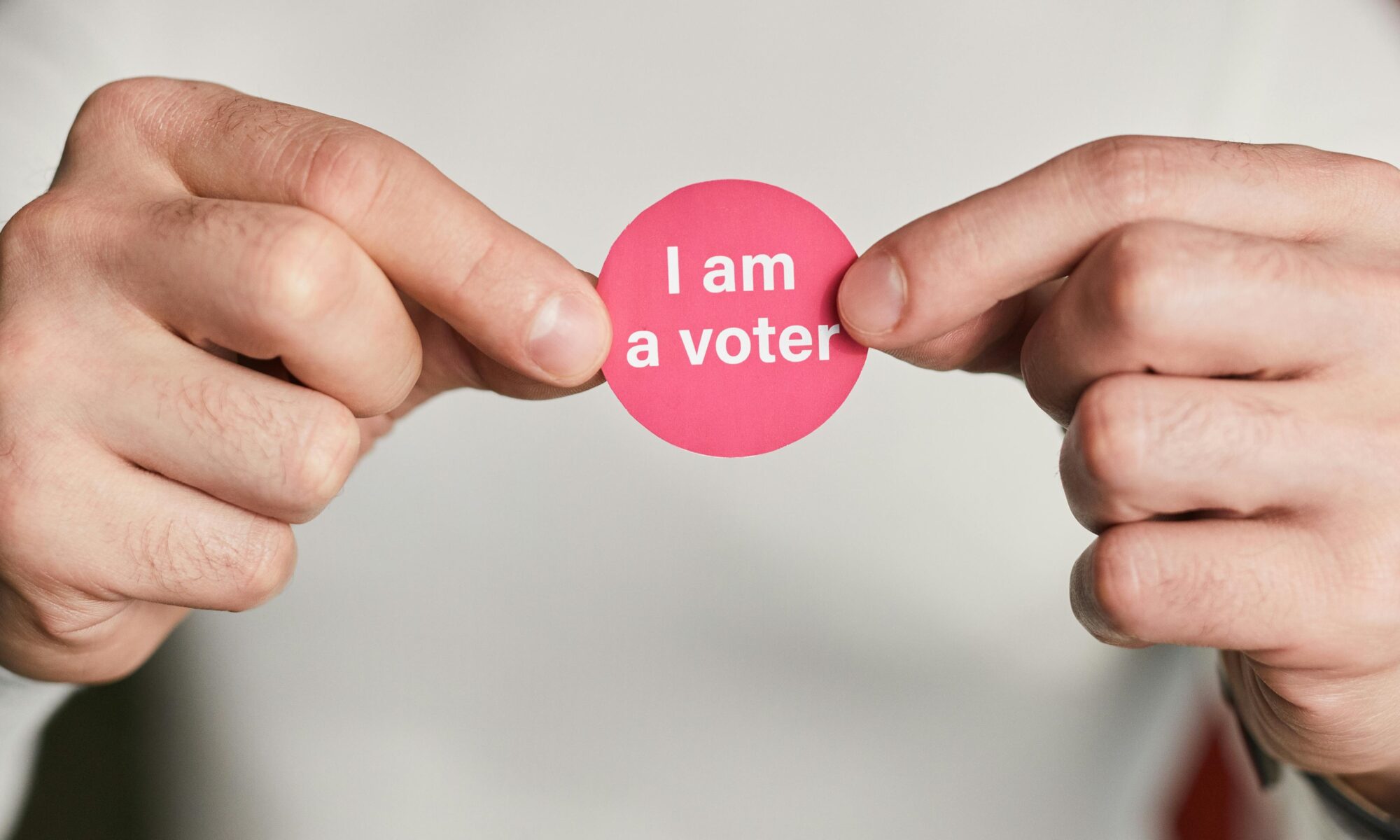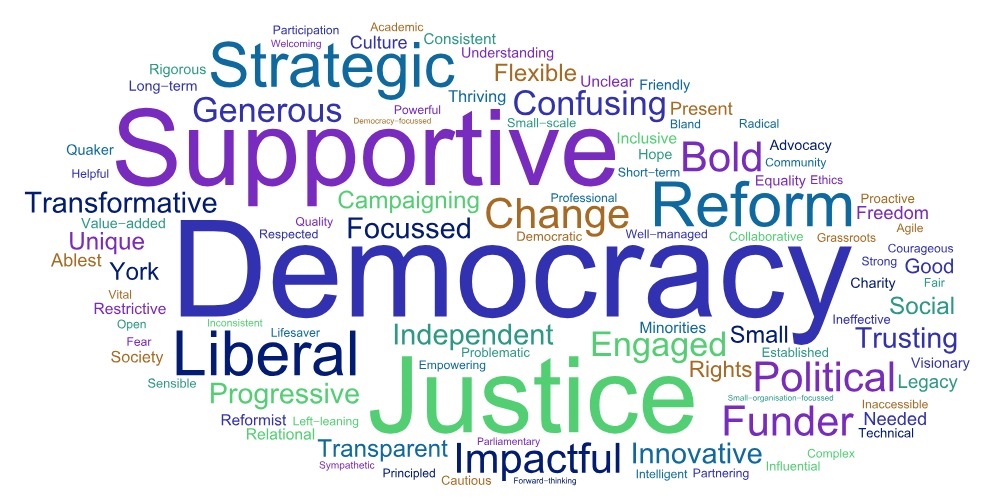Ellen Berry, Head of the UK Democracy Fund, celebrates the success of the Fund’s grantees in encouraging voter registration amongst those least likely to be engaged in voting ahead of last year’s General Election.
She also explains how the Fund is leading calls to improve voter registration to build a voting system fit for the 21st century…
Through the incredible efforts of our grantee community, the UK Democracy Fund estimates that together we registered nearly three quarters of a million voters ahead of the 2024 General Election.
Fund grantees piloted models of community engagement for Black voters; worked through schools, colleges and Universities; engaged young people online through youth-led campaigns; organised in migrant communities; worked through churches, mosques, employers and trusted brands.
Despite these and other efforts, at the 2024 General Election, long-term trends in voter disengagement culminated in record low turnout, with the second lowest UK general election turnout since universal suffrage was introduced.
Research shows that this lack of participation was not evenly shared across the population. Constituencies with a higher proportion of younger people, renters, people from racialised and minoritised ethnicities, or Muslim voters, had lower turnout. The result is democratic inequality.
In a response to The Public Administration and Constitutional Affairs Committee’s inquiry into the 2024 election, the UK Democracy Fund demonstrated why without a change to our registration process, this inequality is likely to increase. We showed that the work of our grantees is effective, but too resource intensive to close the up-to-8-million-person voter registration gap.
The good news is that the Government has committed in their manifesto to improve voter registration, and recently committed to publish their approach to electoral registration before summer recess.
Professors Toby James and Paul Bernal have laid out in their March 2025 report for the UK Democracy Fund how the Government can deliver on their commitment. Automatic or direct voter registration is an effective solution to address democratic inequality, improve the accuracy and completeness of the register, respect voters’ privacy and could save money. Automatic voter registration will also be essential for the success of the Government’s welcome plan to extend the franchise to 1.5 million young voters aged 16 and 17.
Legislation on elections is expected in the next Parliamentary session, and the Government has an opportunity to build a voting system fit for the 21st century which ensures that all potential voters voices are heard.
Words: Ellen Berry, UK Democracy Fund
Image: Edmond Dantes, Pexels


